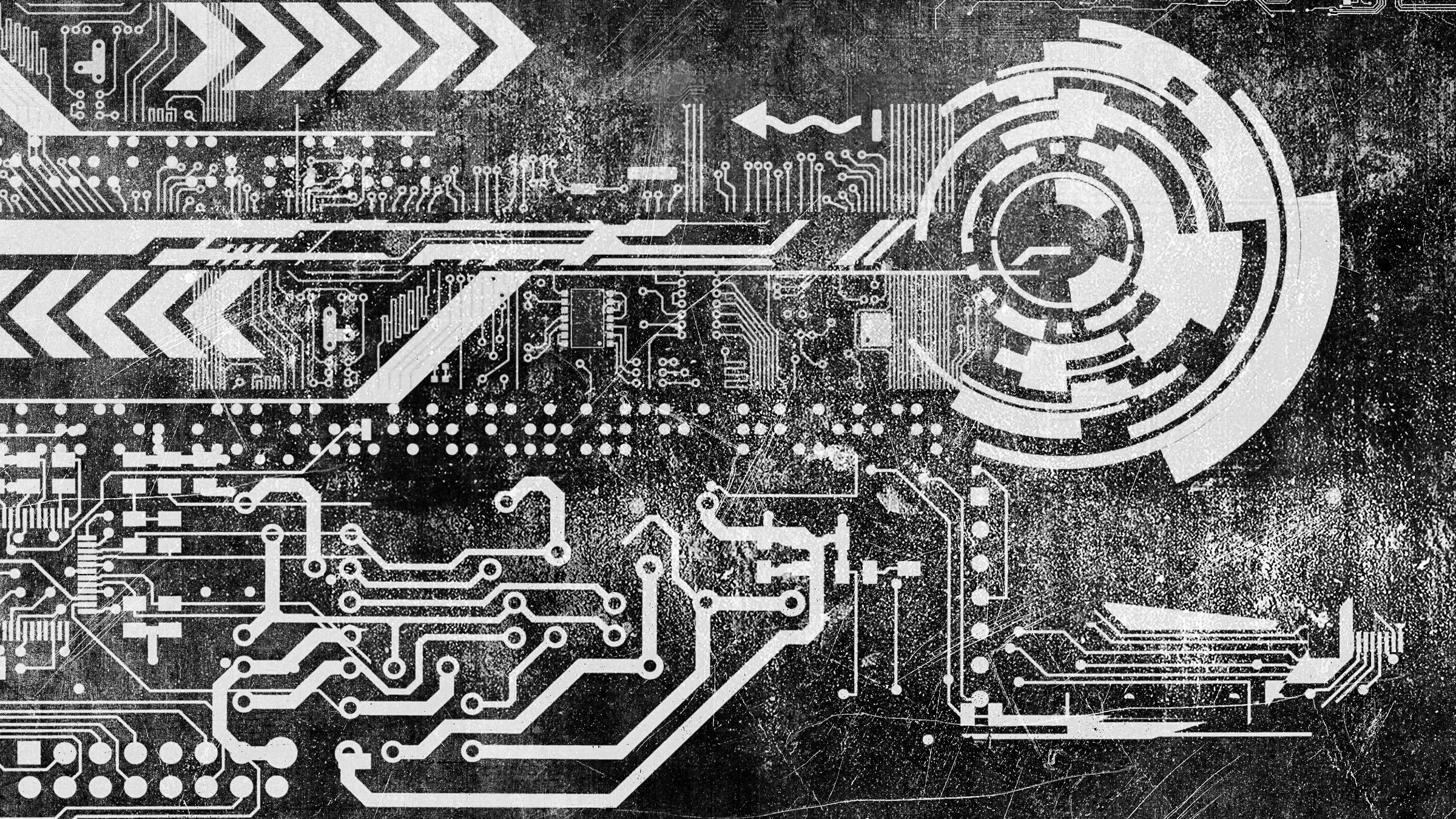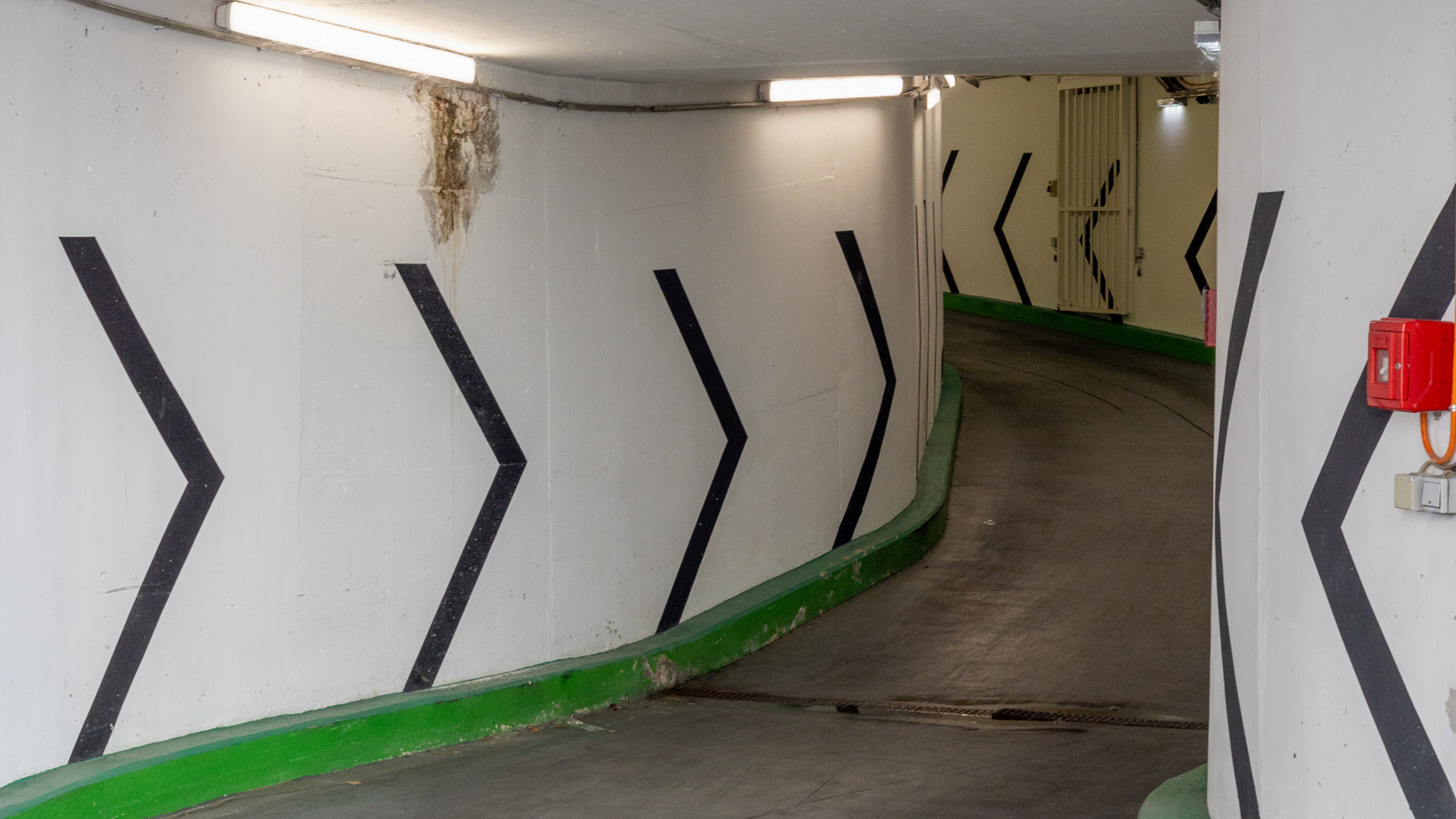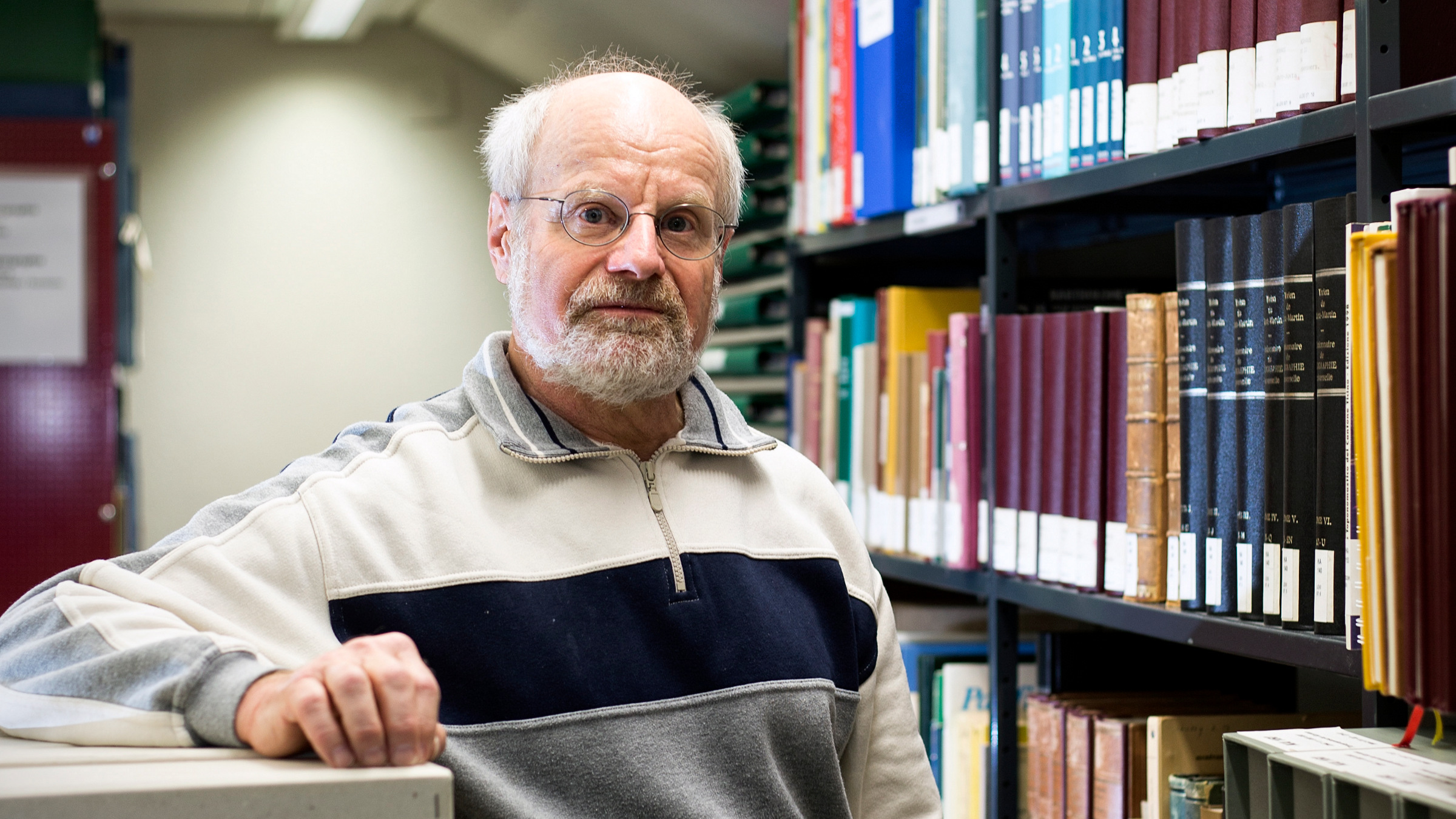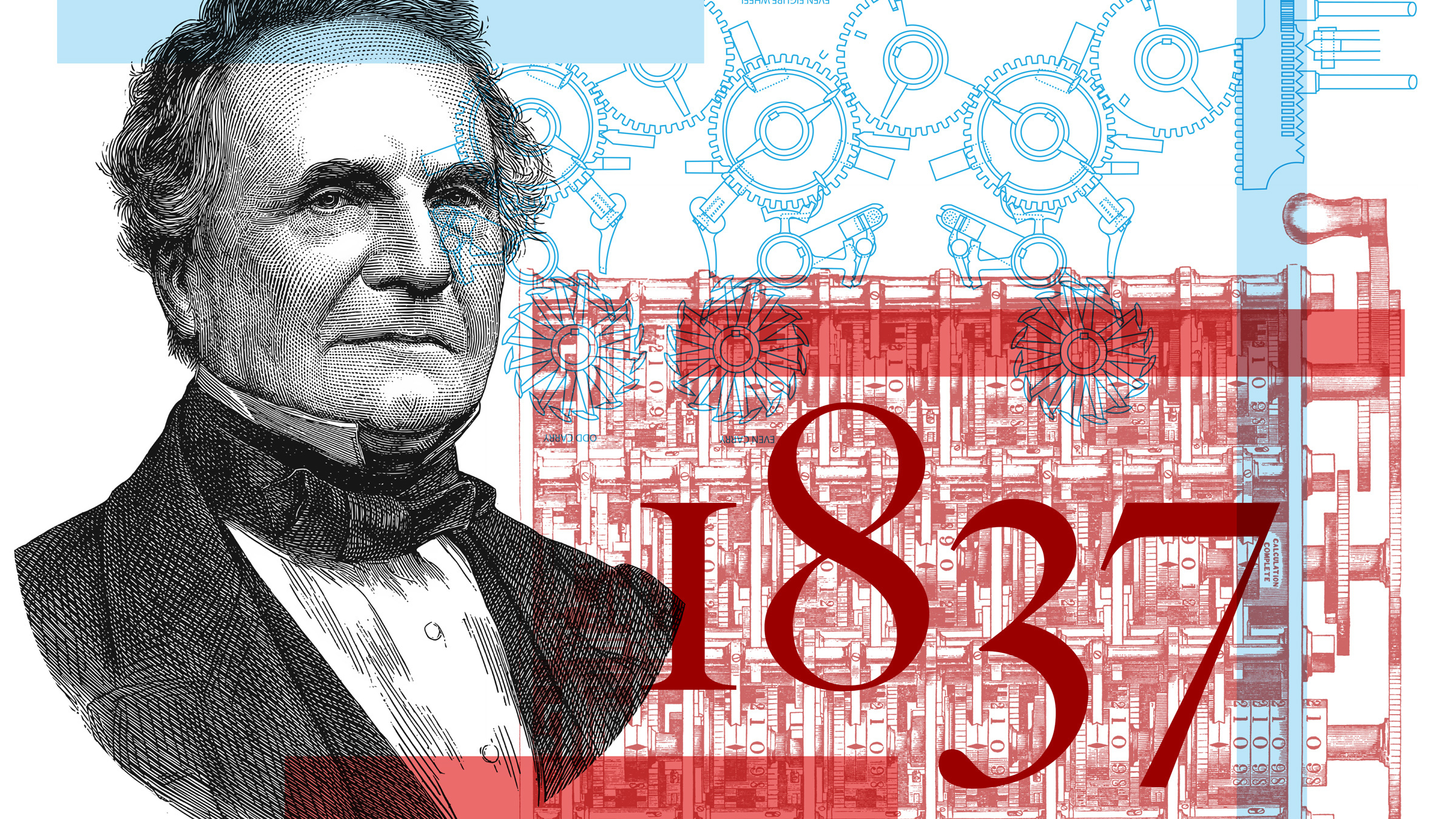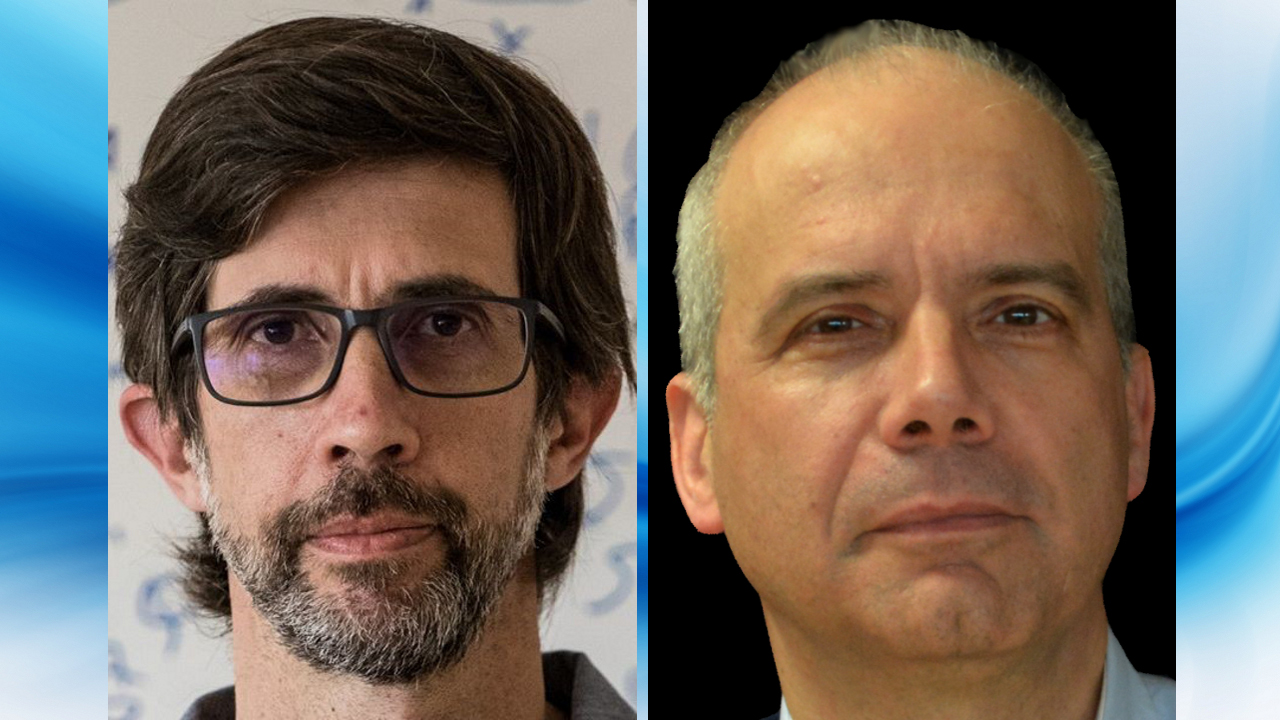A recounting of the past half-century of database technology.
Computer History
Technical Marvels, Part 4: Leonardo da Vinci’s Robots
Polymath Leonardo da Vinci designed a wide range of machines and instruments over 500 years ago.
Free and Open Source Software–and Other Market Failures
Computing has scientific roots, and if it is not open source, it is not science.
Technical Marvels, Part 3: The Yupana
Technical Marvels, Part 2: Lebombo and Ishango Bones
A look at some of the earliest mathematical instruments.
What Do Computing and Economics Have to Say to Each Other?
Niklaus Wirth and Beyond: Safeguarding the Intellectual Heritage of Computing
Shape the Future of Computing
ACM encourages its members to take a direct hand in shaping the future of the association. There are more ways than ever to get involved.
Get InvolvedCommunications of the ACM (CACM) is now a fully Open Access publication.
By opening CACM to the world, we hope to increase engagement among the broader computer science community and encourage non-members to discover the rich resources ACM has to offer.
Learn More